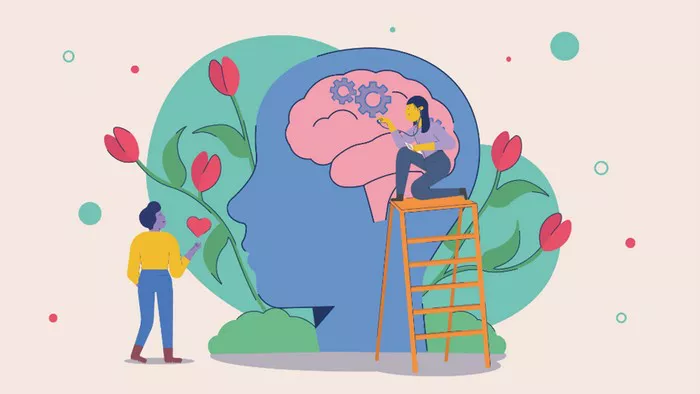As the prevalence of dementia continues to rise, innovative treatment options are urgently needed. A recent realist review published in Nature Mental Health explores the potential of music therapy to transform dementia care by alleviating distress, enhancing emotional connections, and improving overall well-being in institutional settings.
Dementia encompasses a range of chronic neurodegenerative conditions that severely impair cognitive and memory functions, complicating daily activities. With over 55 million people currently living with dementia—a number projected to reach 78 million by 2030 and 139 million by 2050—the demand for effective, non-pharmacological interventions is critical. The National Institute for Health and Care Excellence (NICE) advocates for psychosocial interventions as the first line of treatment for distress behaviors associated with dementia, emphasizing the need for more research to develop effective clinical tools.
Music therapy, a field that has emerged in recent years, involves trained professionals using music to address patients’ emotional, physical, cognitive, and social needs. Preliminary clinical findings suggest that music therapy can effectively reduce short-term distress, boost patient engagement, and provide holistic relief from anxiety related to dementia. However, the field faces challenges, including a lack of standardized testing frameworks and an incomplete understanding of the mechanisms behind its benefits.
The recent study utilizes a realism-based approach to investigate how music therapy can enhance dementia care. By integrating subjective expert opinions and objective research findings, the study aims to clarify the mechanisms that lead to observed outcomes and identify frameworks for future research.
Conducted over three phases, the study began with reflective thematic analysis of interviews with music therapists and sentence completion exercises with advanced dementia patients. The second phase involved a comprehensive systematic literature review examining music-based interventions, regardless of whether they were supervised by trained therapists. Finally, researchers developed context–mechanism–outcome configurations (CMOCs) to address individual, interpersonal, and institutional factors in music therapy.
Conclusion
This study supports the inclusion of music therapy as a valuable intervention for managing the stress associated with advanced dementia. By drawing from over 50 previous studies, it establishes three CMOCs that provide conceptual frameworks for future clinical trials. These frameworks highlight the importance of immediate need fulfillment and collaboration among staff and family members to integrate music therapy into everyday care.
Despite the promising findings, the study identifies key areas that require further investigation, including the role of staff training, the impact of medication, and the effects of hearing ability on therapy outcomes. As the field of music therapy continues to evolve, this research underscores its potential to enhance the quality of life for individuals with dementia, paving the way for more comprehensive and effective care strategies.
Related Topics:
-
Research Emphasizes That Air Pollution Is A Key Environmental Factor At Risk For Autism
-
Singer Amy Grant Emphasizes The Need For Support To Combat Women’S Heart Disease
-
Research Shows That Nature Is Beneficial For Children’S Mental Health


